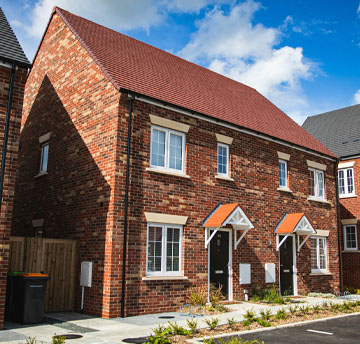Whether you are selling or buying, it’s a good idea to know what is involved, and to understand how the Conveyancing process works. Our step-by-step guide below explains the different stages of the Conveyancing process for a typical property sale and purchase transaction.
Costs
Conveyancing fees cover the amount you’ll pay to make sure the legal side of buying or selling is handled correctly. Fees can be split into two parts:
Legal fees: This is what the conveyancer or solicitor charges for doing the work.
Disbursements: This is what third parties charge for certain services like searches.
How much are conveyancing fees on average?
Our average conveyancing fees when buying a house range from around £1245 – £1395 plus disbursements. These disbursements could add on up to £500 or even more.
Disbursements can include:
Our average conveyancing fees when selling a house are around £899 – £1299 plus VAT at 20%.
Conveyancing fees for leasehold properties are usually £247 plus VAT more.
Conveyancing fees are usually linked directly to the value of the property.
To get an accurate idea of conveyancing costs for your purchase or sale please click the Instant Quotation button to the right of the screen. All Fees will be subject to VAT at 20%.




All rights reserved ©2024 Law Central
Privacy Policy